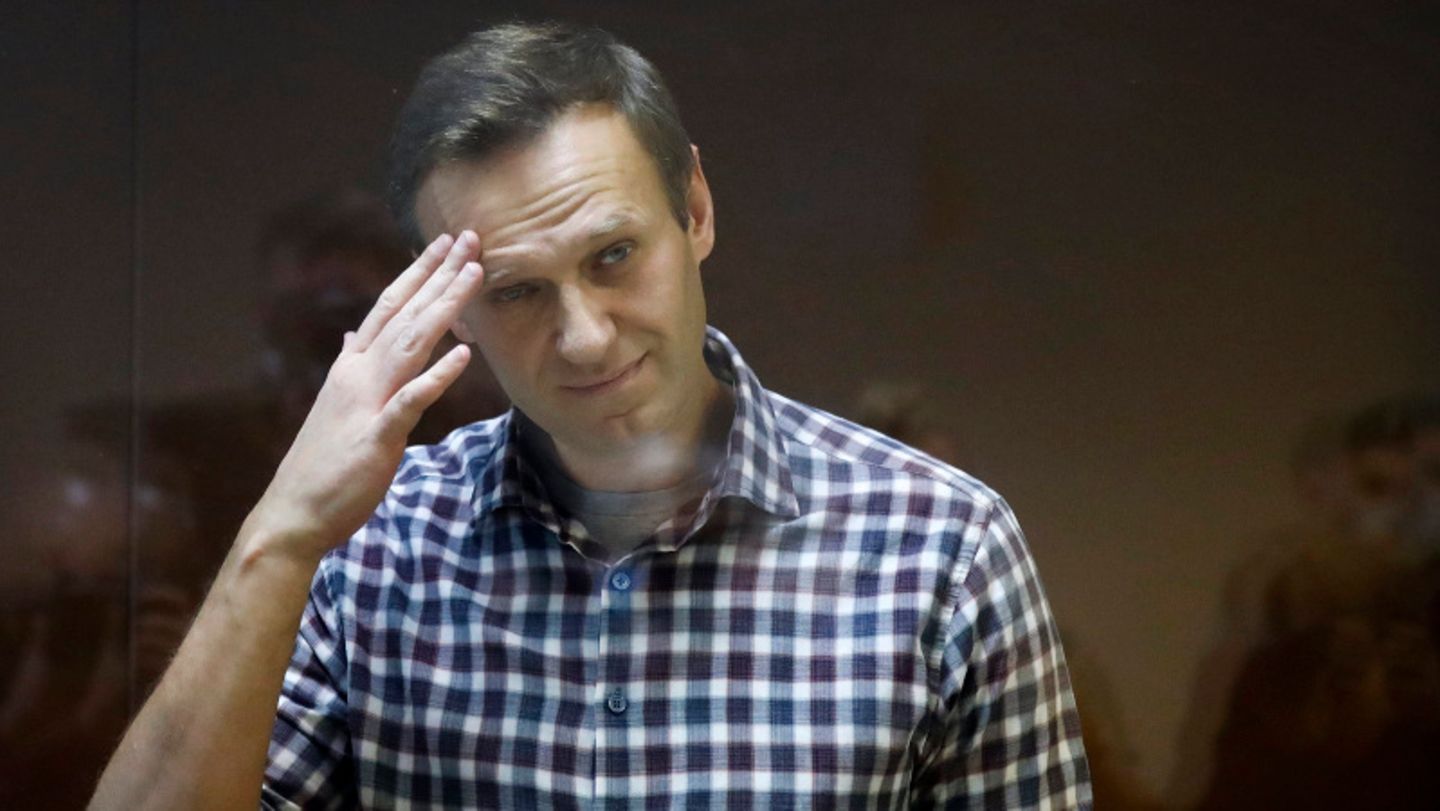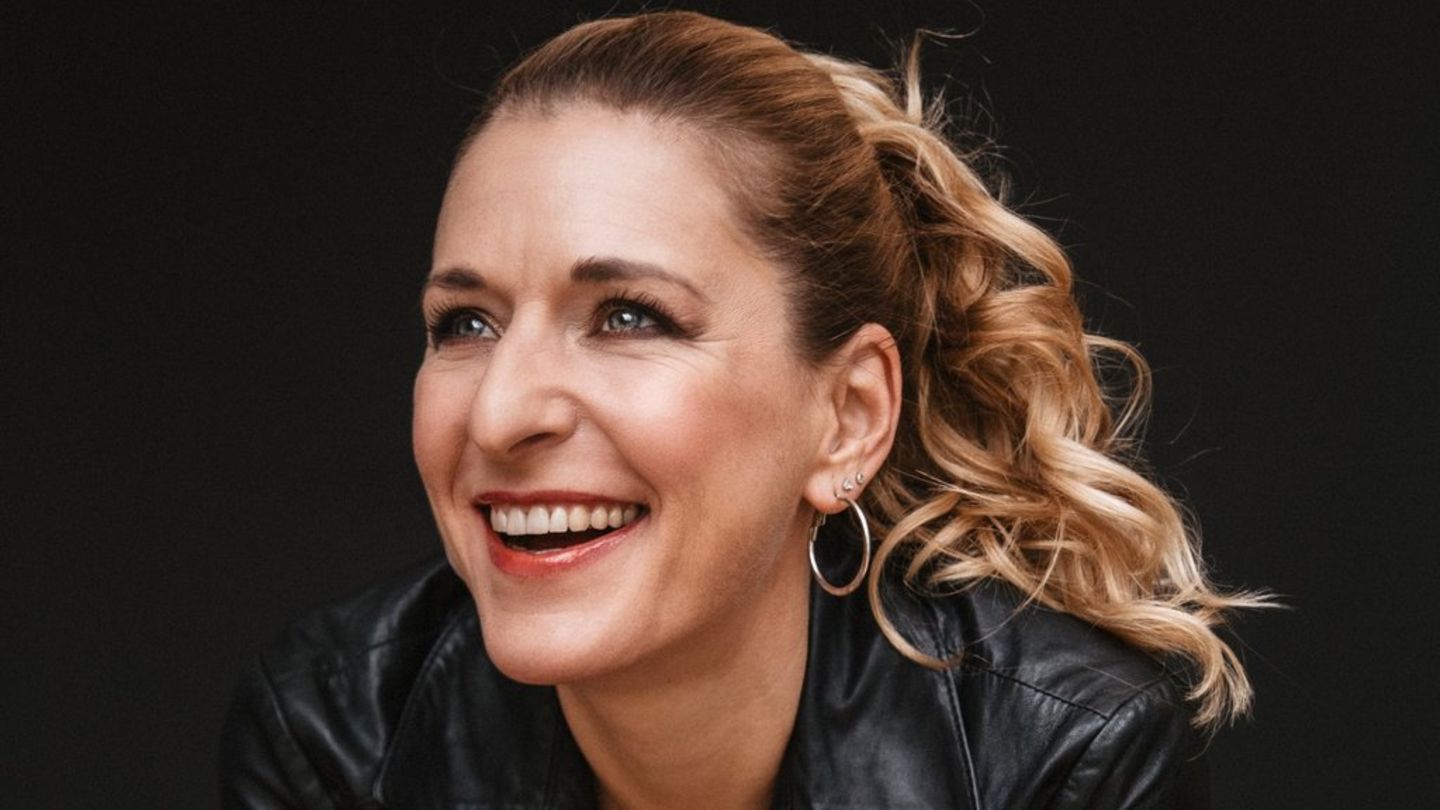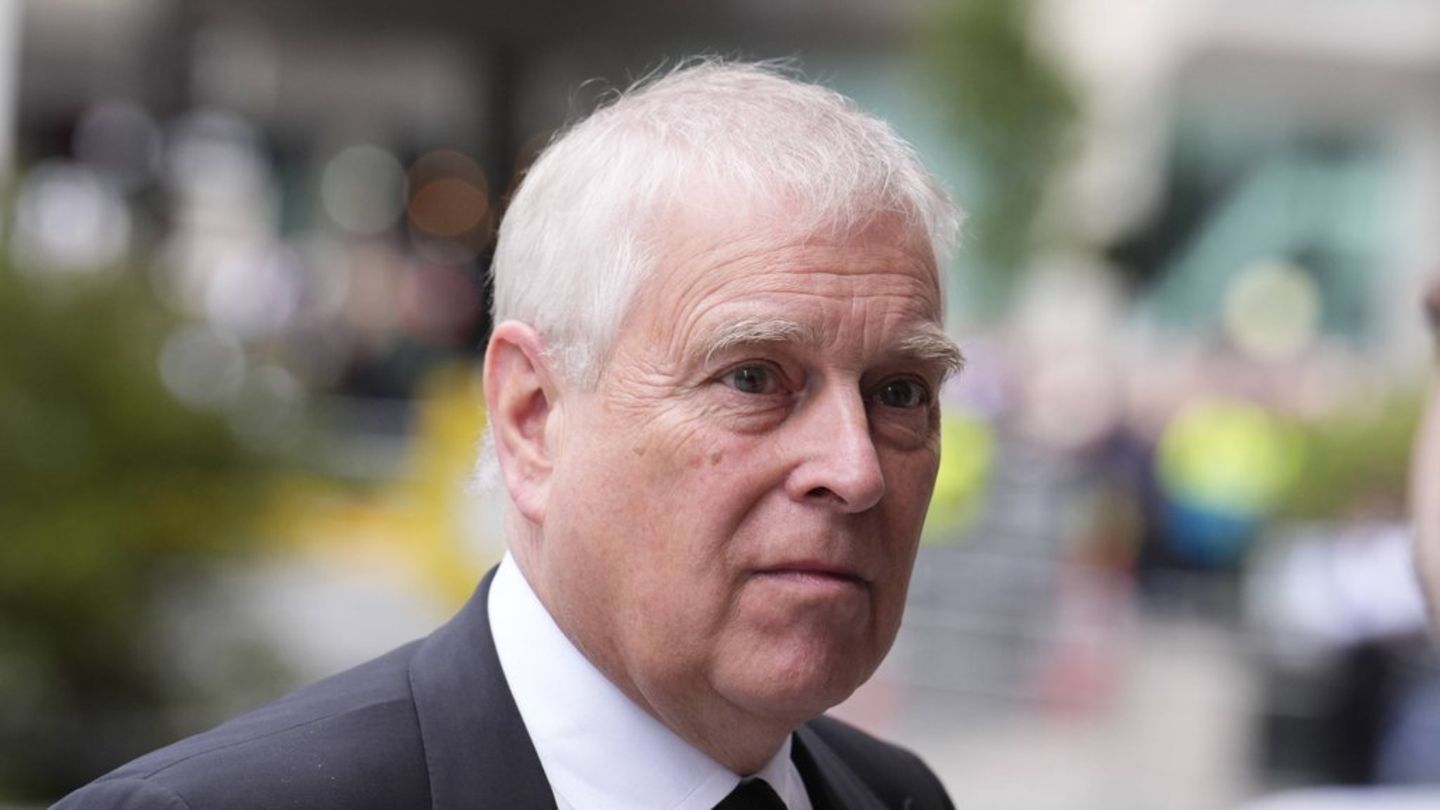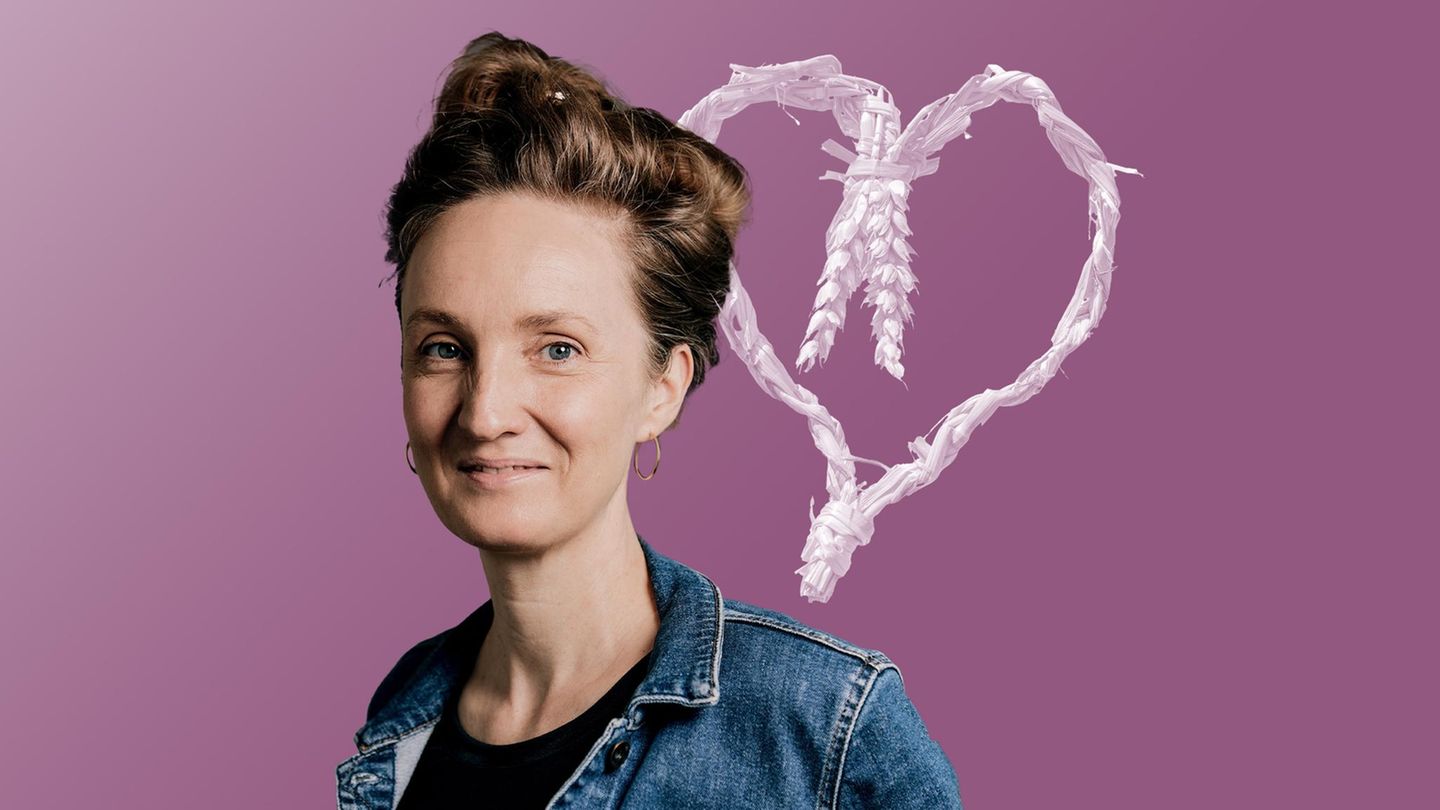Exactly one year after the poisoning of the Kremlin critic Alexej Navalny, Chancellor Angela Merkel travels to Moscow. While the West is still calling for the case to be investigated, Russia suspects a conspiracy.
Friday will mark the first anniversary of the poison attack on Kremlin critic Alexej Navalny – and Chancellor Angela Merkel (CDU) will meet the man who many suspect of commissioning the attack: Russian President Vladimir Putin.
Review: On August 20, 2020, Navalny is sitting in a plane from Siberia to Moscow. During the flight he loses consciousness. The plane has to make an emergency landing, Navalny is taken to the intensive care unit of a hospital in Omsk, where he is fighting for his life. His team immediately spoke of poisoning. Merkel offers Navalny treatment in a German hospital.
Merkel: “attempted poisoning”
Dramatic hours begin, in which the Nawalnys family, supporters and the federal government wrestle with the Russian state over the transfer of the patient. Russian doctors emphasize that they did not find any poison in blood and urine samples.
On August 22nd, Navalny was flown to Berlin in an ambulance plane chartered by German activists and brought to the Charité University Hospital for treatment.
According to Merkel, on September 2 it was “beyond any doubt” that Navalny was poisoned with a chemical nerve agent from the so-called Novichok group. Merkel speaks of an “attempted poisoning”. Laboratories of the Bundeswehr as well as in France, Sweden and at the Organization for a Ban on Chemical Weapons (OPCW) had proven the illegal warfare agent. Germany and the EU called on Russia to clarify the case and also imposed sanctions as leverage.
To this day, Russia denies all allegations
Merkel literally said at the time: “Alexej Navalny is the victim of a crime. He should be silenced and I condemn it in the strongest possible terms, also on behalf of the entire federal government.” She goes on to say: “There are very serious questions that only the Russian government can and must answer. The world will wait for answers.”
While Russia denies the allegations to this day, Navalny and his team have submitted numerous investigations and documents that are supposed to prove the attack. The Kremlin opponents accuse a killer squad of the domestic secret service FSB under the orders of Putin of having prepared the attack – which the Kremlin chief rejects. So far, the West has not presented any evidence for its “inexcusable allegations”, said the Foreign Ministry in Moscow. Nawalny’s employees reacted horrified to the news. The Russian authorities have spread different versions over and over again – including claims that Navalny was poisoned by Western intelligence services or tried to kill himself.
Russia: The West is using the “Navalny hype” to influence the election
When Merkel meets Putin on Friday, the world is still waiting for answers from Russia. The Kremlin has rejected personal accusations against Putin as “baseless”.
Apparently Moscow is preparing for the Chancellor’s visit in this way. “But bad. I refuted all the nonsense and lies in detail in a video months ago,” said Navalny’s colleague Maria Pewtschich. The film had more than eight million views on Thursday morning.
Before Merkel’s visit, Russia also accused the West of using the “hype” surrounding Navalny to influence the election. Western states tried to keep him on the news “with the aim of interfering in the internal affairs of our country,” said the Russian Foreign Ministry. This also includes “influencing the election campaign”. The declaration made particular reference to Germany.
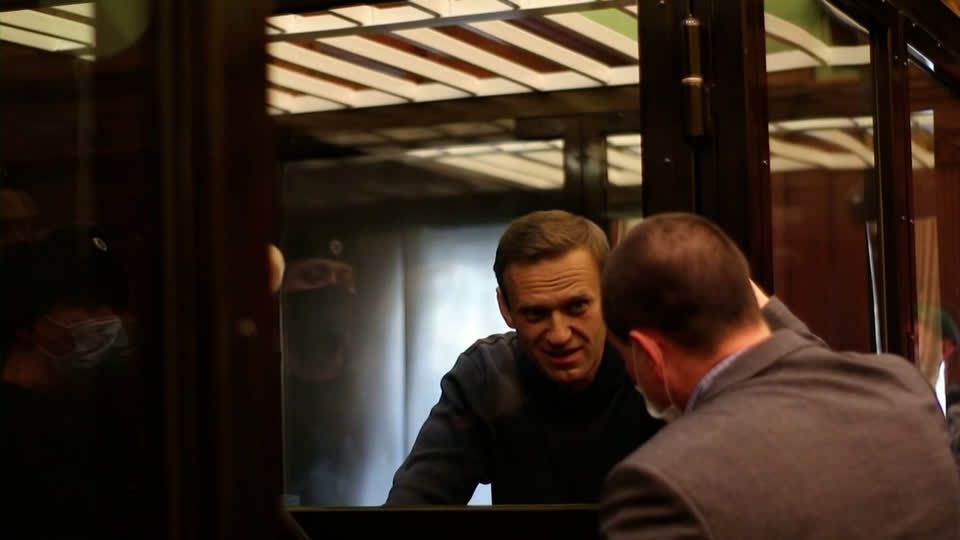
Berlin did not miss “any opportunity to use the hype surrounding Navalny” as a pretext for “new attacks on us,” the statement said.
After his return to Russia in January 2021, Navalny was arrested immediately, sentenced a few weeks later for allegedly violating probation requirements and imprisoned in the Prokov penal camp east of Moscow.
Despite Western sanctions against Putin’s close associates, the Russian authorities have never initiated official investigations into the case because of their alleged involvement in the attack. The spokesman for the German government, Steffen Seibert, said before Merkel’s visit to Moscow: “This still unsolved case is a heavy burden on relations with Russia.”
David William is a talented author who has made a name for himself in the world of writing. He is a professional author who writes on a wide range of topics, from general interest to opinion news. David is currently working as a writer at 24 hours worlds where he brings his unique perspective and in-depth research to his articles, making them both informative and engaging.

